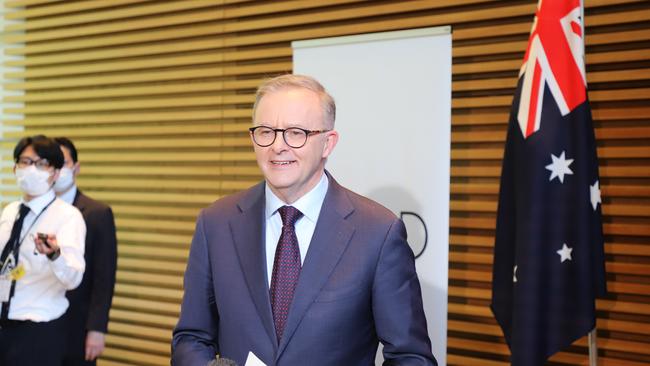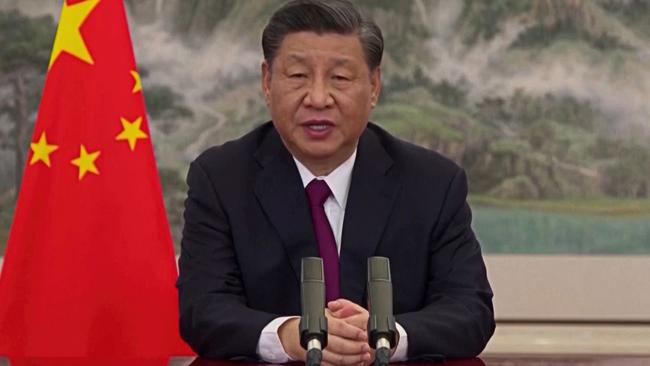China trade: Hope for easing restrictions on Australian exports
Trade tensions between China and Australia could soften following the election of a Labor government, according to one expert.

A change in government could result in a change of attitude between the sparring nations of China and Australia, bringing fresh hope two years of trade restrictions aimed at agricultural exports could come to an end.
It comes as this month marks two years since China slapped Australian grain growers with a staggering 80.5 per cent tariff on barley, off the back of dumping allegations.
Further Chinese restrictions on imports of red meat from selected Australian abattoirs, red wine and rock lobsters also hit agricultural exporters.
But University of Technology Sydney Australia-China Relations Institute director James Laurenceson said an Albanese-led government might result in an “improved trajectory” in Australia-China relations, with “scope for optimism now”.
“I’m not trying to suggest there’ll be a reset,” Prof Laurenceson said.
“But there is optimism.

“For more than two years, there’s been no senior political dialogue. You’d hope to see a call between the premier and Albanese, or between foreign ministers; that would be a first step,” Prof Laurenceson said.
“Also these trade disruptions … China has of course used economic coercion, but the breadth of disruption is unprecedented. So you’d expect to see some relaxation of those constraints.”
Grain Growers chief executive Dave McKeon said while the relationship between Australia and China was “clearly complex”, despite a number of trade restrictions China had been importing significant volumes of agricultural products, including Australian grains, in the past 12 months.
“The level of demand from China has been significant, beyond what we’ve seen in the past,” Mr McKeon said.
“ … for Australian wheat, we’ve seen 3.3 million tonnes of Australian wheat exported into China since October last year, and 600,000 tonnes of sorghum.”
Mr McKeon said the World Trade Organisation’s assessment of the anti-dumping case would be processed through the dispute panel in the coming months.
“By the end of this year, we’re hoping there will be an initial ruling from the WTO on the case,” Mr McKeon said.
“It doesn’t mean the case is finished … but at least we’ll get an initial ruling.”
Two-way trade between China and Australia in the past 12 months hasn’t faltered, with a Department of Foreign Affairs and Trade report showing China was Australia’s major two-way trading partner in 2021, accounting for $251.1b in trade.





